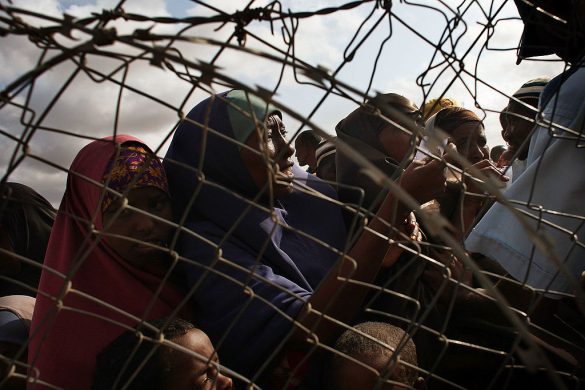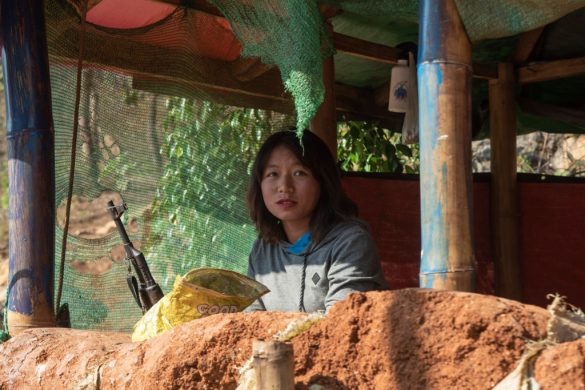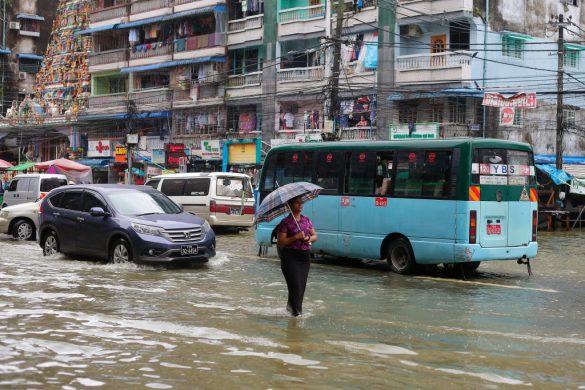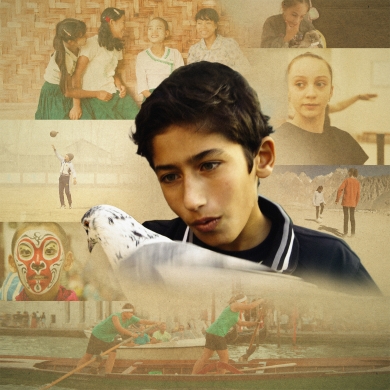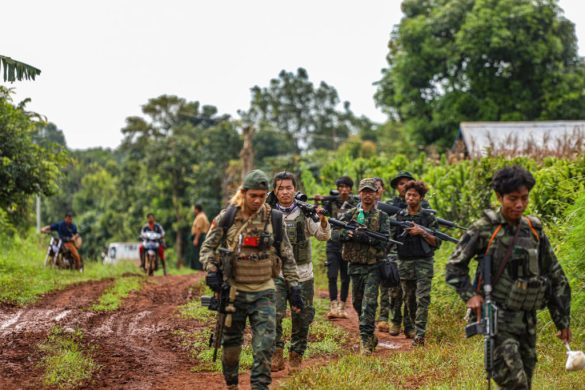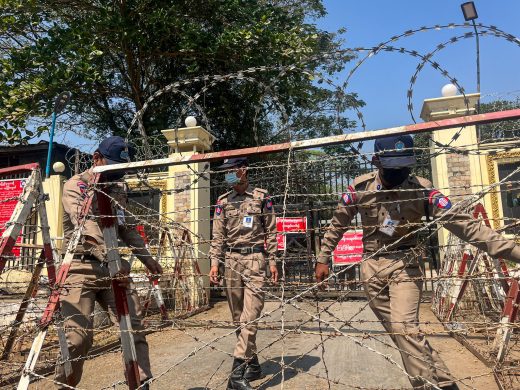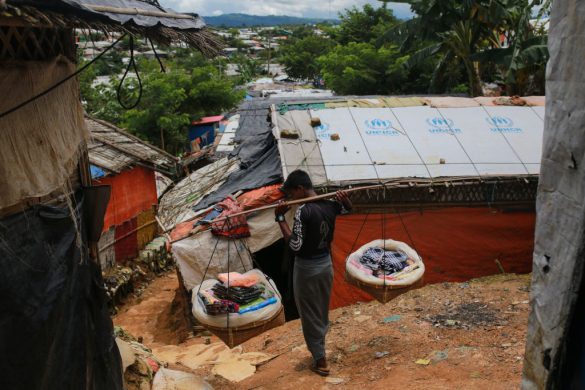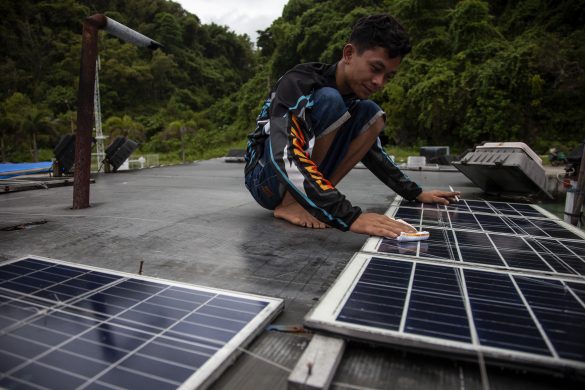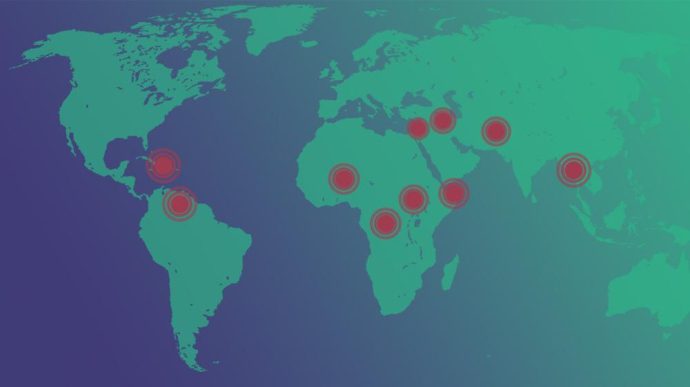Trods løfter om større pressefrihed og øget fokus på menneskerettigheder, lider journalister i Burma fortsat under statcensur og forfølgelse, viser ny rapport fra “Commitee to Protect Journalists” offentliggjort dansk tid onsdag.
RANGOON, September 20, 2011: Despite a recent transition from military to democratic rule, Burma’s heavily censored media is still among the most restricted in the world.
The historically military-run Southeast Asian country held its first democratic elections in more than two decades in November 2010 and installed a nominally civilian government in March of this year.
President Thein Sein, a former army general who served as prime minister in the previous military junta, has sought international recognition for the transition (til demokrati), urging the United States and European countries to drop the economic sanctions they have maintained for more than a decade and a half in response to the military regime’s abysmal human rights record.
While the elections symbolically ended nearly five decades of military rule, the shift to date has been more cosmetic than substantive. Many former high-ranking generals have merely swapped their army khakis for civilian business suits while retaining their top government posts and authoritarian ways.
The transition has sparked an important debate about the poor country’s future direction, with many international governments and institutions evaluating their policies on Burma in light of the elections and the government’s promises of reform.
In a much discussed March 30 speech, Thein Sein hinted at a more liberal media approach, saying that the press should play the role of the “fourth estate,” as it does in established democracies. He has also spoken of the need for economic reforms and better governance in one of Asia’s poorest and most mismanaged nations.
No progress on press freedom
But with state censors still actively spiking news stories, pervasive (gennemgribende) state surveillance of reporters’ communications and movements, and at least 14 journalists and media support workers behind bars, the government has made virtually no progress on press freedom, a CPJ analysis has found.
Under Thein Sein’s elected regime, authorities continue to systematically harass, sanction, and imprison journalists, particularly those who report undercover for exile-run media groups.
CPJ interviews with seven Burma-based journalists and six journalists working for exile media revealed that Thein Sein’s government has not dismantled the extensive mechanisms of control and repression that the previous military regime employed to stifle independent reporting and critical commentary.
Since last year’s elections, two journalists have been sentenced to long prison terms and more than a dozen publications have been suspended for their news reporting.
Læs mere på
http://www.cpj.org/reports/2011/09/in-burma-transition-neglects-press-freedom.php



